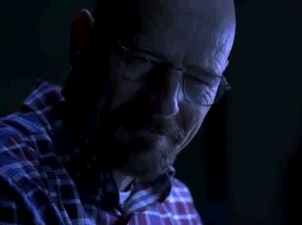- Joined
- Jun 6, 2014
- Messages
- 190
- Reaction score
- 275
Today during cranial lab, a disturbing video was broadcast, at no one in particular, that claimed some of my classmates and/or yours truly might possibly be "in the closet" as "M.D.s" Although it was a parody of Scrillex shown to us all at the start of OMM lab, and I LOLOLed I was taken a bit aback. But then....MRW when.....

Then I was like...well yes..silently in my own cranium...

And then I thought....

Then I was like...well yes..silently in my own cranium...
And then I thought....
Last edited:

